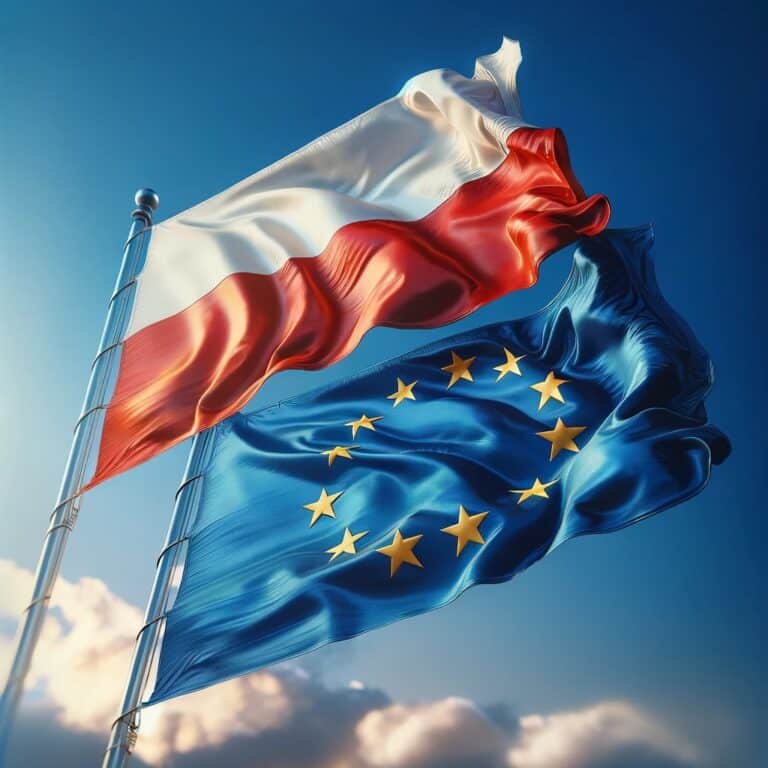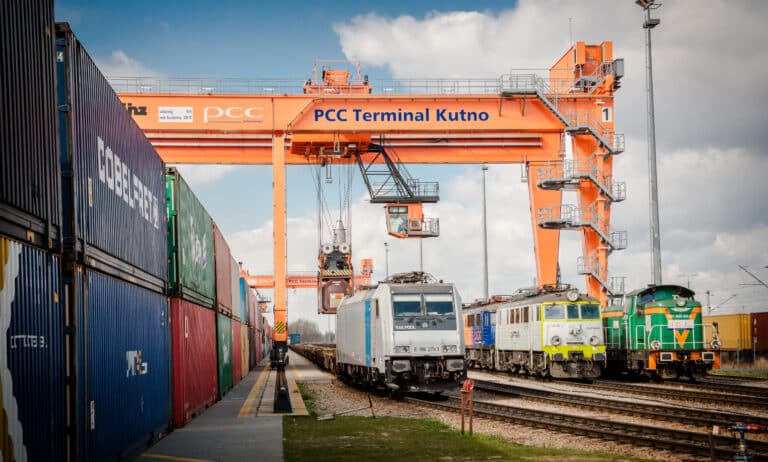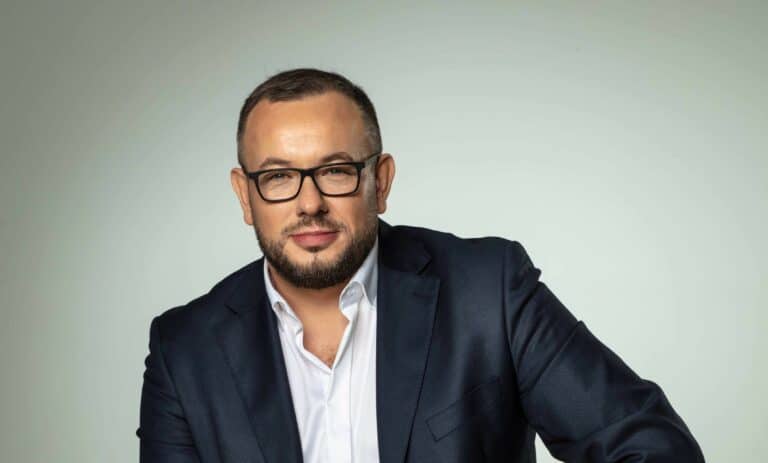Poland M&A Market: Outlook 2024
Sylwia Ziemacka talked to Dr Chrystian Poszwiński, Head of CEE, HWF Partners.
What was last year like on the Polish M&A market?
It was way different than previous years. Compared to what happened in the COVID years, between 2020 and 2022, the market generally slowed down in 2023. Interestingly, the number of deals has grown in the last year, although the value of those deals has lowered significantly, meaning the overall market was much lower. This impacted not only market players as private equities or the target companies, but also somehow influenced advisors – law firms, investment bankers, tax and financial advisors, insurance brokers and everyone on the market. Moreover, if you look at 2023 from the VC perspective, you could say that their approach was much more conservative. Before 2023, we saw investments in many different sectors and it was far easier for them to spend money if a target seemed interesting or potentially valuable for them in the future. I think 2023 shows that this approach changed. They pay much more attention to how the company is generating profit. Where is the actual value within that company? It is not necessarily just the current operational business, but what is the potential of that company to grow, to grow in a hostile situation, in macroeconomic and geopolitical terms. There is a huge shift in the market. This shift is related to high inflation and the war to some extent. But we also see that throughout the last couple of years there have been a lot of highly unexpected events. Investors pay much more attention to how the company is reacting and preparing for changing market conditions, including regulatory changes, financing challenges, etc.
Which sectors are on top of investors’ minds?
Before I talk about specific sectors, I find it interesting to mention that there are more secondary market transactions in the Western part of Europe, due to the expectation of the perspective of investors to be able to easier liquidate their positions.
We observed an increase in so-called mezzanine investments in Poland during 2023, meaning a higher equity-to-debt ratio. Because of the high cost of debt in the previous years, mezzanine debt (and generally private debt) is becoming a tool for those companies to grow. In terms of sectors, the renewable energy market is stable. The Baltics are investing a lot in offshore wind farms. Romania is investing a lot in both solar and wind farms. Poland has grown its solar energy market and is now looking into battery storage, offshore wind and hydrogen investments. We will see more operational platforms being sold rather than greenfield investments in the Polish market. This is related to the fact that people have been in this market for a while. Most greenfield properties that are good for potential renewable energy investment are most likely already in someone’s hands. The access to the network in Poland can also be considered a problem. But it’s not only our issue. For example, if you look at the UK market as a bigger one, their current situation looks exactly the same.
The second is the tech sector. In this regard, AI has an impact, but not only on tech companies. It may also impact several manufacturing companies. Within the sector, I would also put any sort of defense technology. I think the markets are looking into defensive knowledge more often. It is becoming a market where they could make money in the future. It is not a very good sign for society, but good for investors to grow their companies.
What is the situation of Polish companies in different sectors?
There is a considerable appetite for Polish and regional companies to invest abroad. Investors do not want to see only Polish companies. They are looking into expanded portfolios, and larger companies with operations outside Poland and our region. We analyzed the value of the transactions based on our conversations with different market players. The value of those deals will grow this year. If you look at the last quarter of 2023, the number of deals has grown about 25% in comparison to Q3. Polish investors see the value of going abroad. They are going abroad to increase their value with higher investments, to show they are not only able to use the technology they have created on their domestic market but also capable on foreign markets.
What are your other highlights for 2024?
Because of the elections, everyone stopped business in October. It was not a question of which party would win, just that investors like stability. Whatever we thought was going to happen at the end of 2023, it was slightly shunted into 2024. For example, investors or advisors in Davos say they are much more optimistic than they were. It is a very good environment currently in Poland for foreign investors to make investments. We are a very stable market compared to other markets from the region. Foreign investors can achieve synergy in Poland and a win-win situation. For example, de-risking transactions by using transactional insurance policies is an easy tool for investors to invest in Poland and also for Polish investors to go abroad, whom I encourage greatly.







